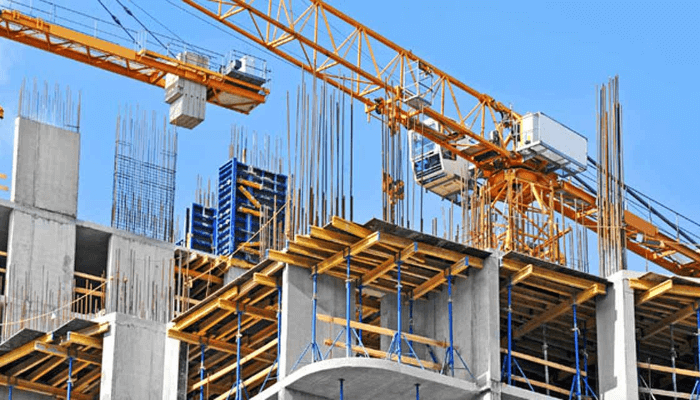50% PFAs blame low infrastructure investment on lack of bankable projects
Pension fund managers under the umbrella body of the Pension Fund Operators Association of Nigeria (PenOp) have blamed lack of bankable projects to low investment in infrastructure.
They also blame tight regulation and risk aversion as reasons for low investment in infrastructure, according to the inaugural PenOp report on role of pension funds in infrastructure investment in Nigeria’s economy released weekend.
According to the report, another 50 percent of the fund managers also said their preference was investing in either power or transportation, while also expressing their preference to debt infrastructure as against equity infrastructure.
Read also: PFAs need N276.8bn to meet new capital requirement
The report sponsored by Stanbic IBTC Infrastructure Fund underscores the importance of infrastructure investment for Nigeria’s economic growth and development, and outlies challenges and strategies for pension fund managers to engage more actively in infrastructure investment and diversify their portfolios for stable and long-term returns.
“100 percent of the respondents outlined that they were either considering or actively looking for infrastructure investments to add to their portfolio, officers at PenOp who worked on the report also said.
This is as 55 percent believe infrastructure is the most attractive alternative assets class with more than half of pooled managers admitting they actively look for in structure investment opportunities.
Infrastructure investment in Nigeria according to the report is crucial due to its impact on economic growth and development, stating that the lack of adequate infrastructure have direct implications to businesses, poverty reduction, and overall economic prosperity.
The report therefore emphasises the need for investment diversification and notes that investing in infrastructure can provide long-term stable cash flows, inflation protection and essential services.
However the report suggest that credit enhancements, transparent project execution, tax incentives and the proliferation of bankable projects could catalyse pension fund capital into infrastructure.
“While infrastructure bonds are favoured as a conduit for investment, infrastructure, listed equity is less preferred due to market volatility. “Power and transport sectors are preferred choices for infrastructure investment, while agriculture and healthcare also hold potential, but caution was thrown around telecommunication due to concerns about crowding out of investment, according to the report.
Dolu Olugbenjo, chief investment officer, Stanbic IBTC Infrastructure Fund, who spoke on the fund’s performance said it has done very in the first five years of operation.
“Our average year-on-year return has been around 18 -19 percent, even with a dip in 2023, growing consistently above the benchmark we promised our investors.”
Olugbenjo said the fund has catalysed over N200 billion in projects and the companies it has supported are projected to generate over N500 billion in revenue by year-end.
“We’ve shown PFAs that infrastructure can deliver strong, risk-adjusted returns, now we need them to seize the moment and allocate more capital.”
“The deficits we’re addressing are enormous, so we need owners of long-term capital to step up and partner with us, Olubgenjo said.
Read also: PenCom raises minimum capital base for PFAs, custodians
He said whether its power, ports, healthcare, student housing, or transport, it is ready to curate the right transactions for institutional investors.”
On the potential of these investments, he said, “We need refurbished airports, modern transport, reliable energy, and student accommodation, and all of it must be paid for, so the outlook is positive, but it requires a long-term view on Nigeria, not a short-term mind-set.”
“If we take the long view, the results will come. We’re building what the country urgently needs, one project at a time, the Stanbic IBTC Infrastructure Fund boss said.

